Do you know your story’s theme before you begin writing? Many writing coaches will advise you to figure this out ahead of time and work symbolism into your story as you write. But what if you don’t have a clue as to what your theme should be? Sometimes the theme only becomes evident later, after you’ve completed the book. At that stage, a wise observer might point out that you’ve naturally incorporated symbolism into your story.
The point is not to worry about this analytical part of writing if you’d rather write your book in the heat of the moment.
I’ve never set out to craft a story knowing my theme ahead of time. I’ll write a synopsis in my initial stage and do some character development, but heavy analysis would stop me dead. I need to let the story unravel, even though I know where it’s going. Thematic elements are there. I might not have recognized them yet.
Ask yourself this question after you’ve penned a few novels: What are your stories about? What is the core message that comes across? I’ve realized many of my works are about redemption. My heroine sleuth, Marla Shore, seeks to redeem herself for a past mistake. The first Bad Hair Day mystery, Permed to Death, reveals her sense of guilt and what she’s done to assuage it. Guilt is a great motivator. The theme of redemption is also evident in some of my romances where characters seek to redeem their self-respect or reputations.
But is that my only theme? Recently I’ve begun using the self-editing software mentioned below in a previous blog. I have been eliminating repetitive words within my manuscripts. One of my favored words is “just.” This word can also be found in “adjusted” and “justice.” Whoa. Justice?
In Died Blonde, Marla goes to Cassadaga, FL and gets a reading from a certified medium. This spiritualist tells Marla the following:
The medium’s eyelids fluttered. “Right now, you’re obsessed with completing your task. You feel the need to pursue justice. Learning the truth will bring you peace.”
A chill captured Marla all the way to her toes. She’d pronounced similar words as part of her Bat Mitzvah speech: Justice, Justice, Shall You Pursue. How could they form on Hazel’s lips?
“Treat yourself fairly as you would treat others,” the medium explained. “Accept who you are, and you’ll find the power within you to move forward. Above all, don’t give up. The truth is just around the horizon.”
These words become Marla’s mantra throughout the series. She seeks truth and justice.
Warrior Lord, book 3 in my paranormal Drift Lords series, also deals with this theme. Lord Magnor has been unjustly accused of a crime. Ditto the hero, a wanted fugitive, in Silver Serenade. Is the pursuit of justice another one of my themes? I believe so, and it’s one I’ve only now realized.
One of my favorite book series is Terry Goodkind’s Sword of Truth fantasy series. Why? Because Richard Rahl, the protagonist, is the Seeker of Truth. Richard seeks the truth in all matters, as does his love Kahlan, the Mother Confessor. Once under her spell, no one can lie. If you’re not into the books, check out the TV series Legend of the Seeker for swashbuckling adventure, fantasy, and romance.
I didn’t set out to write about this theme, but there it is. So, too, might your theme reveal itself in your body of work.
Do you determine your theme ahead of time? What is your core message?










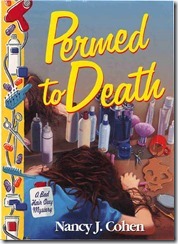
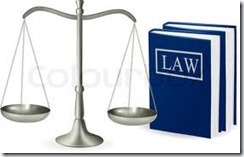


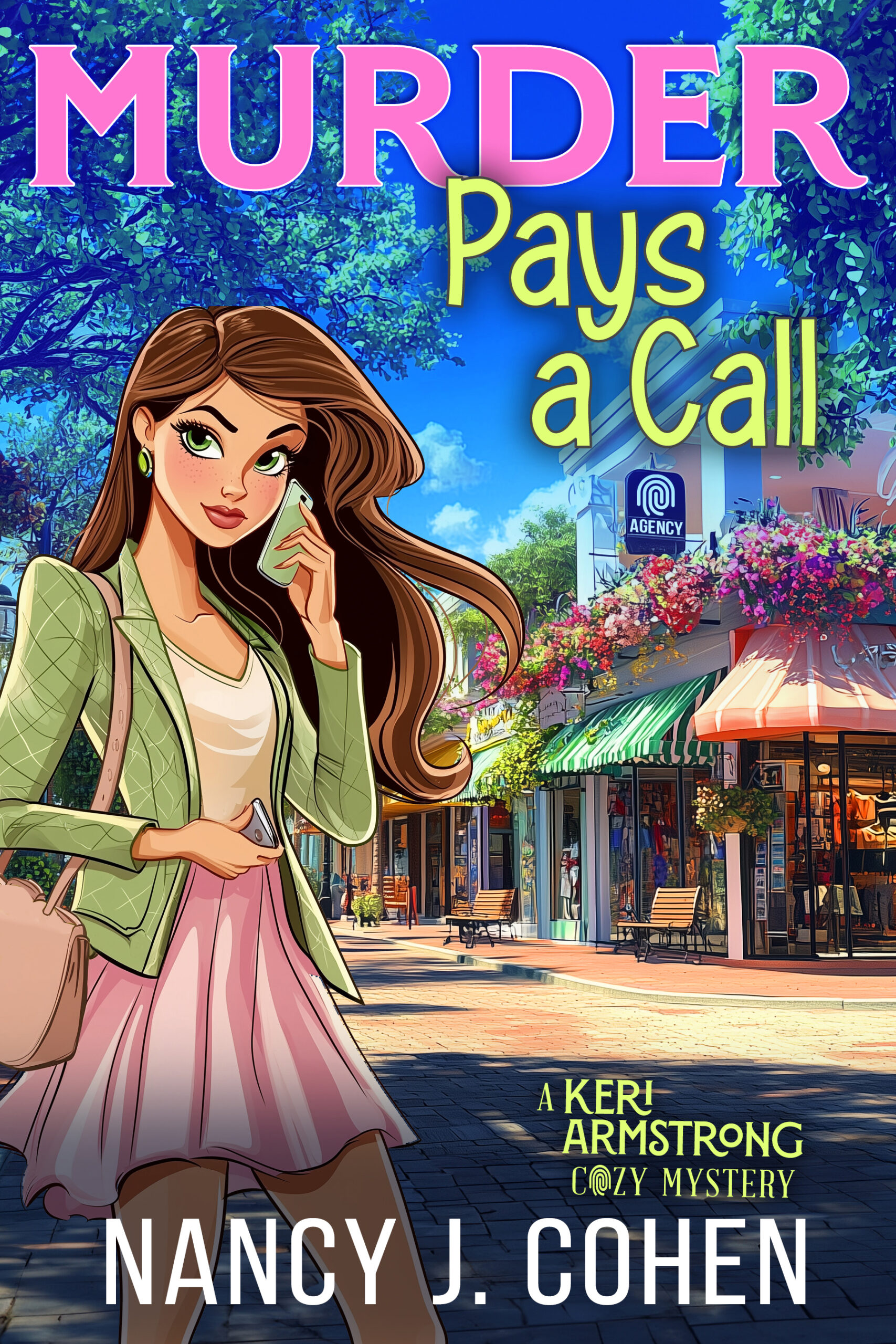








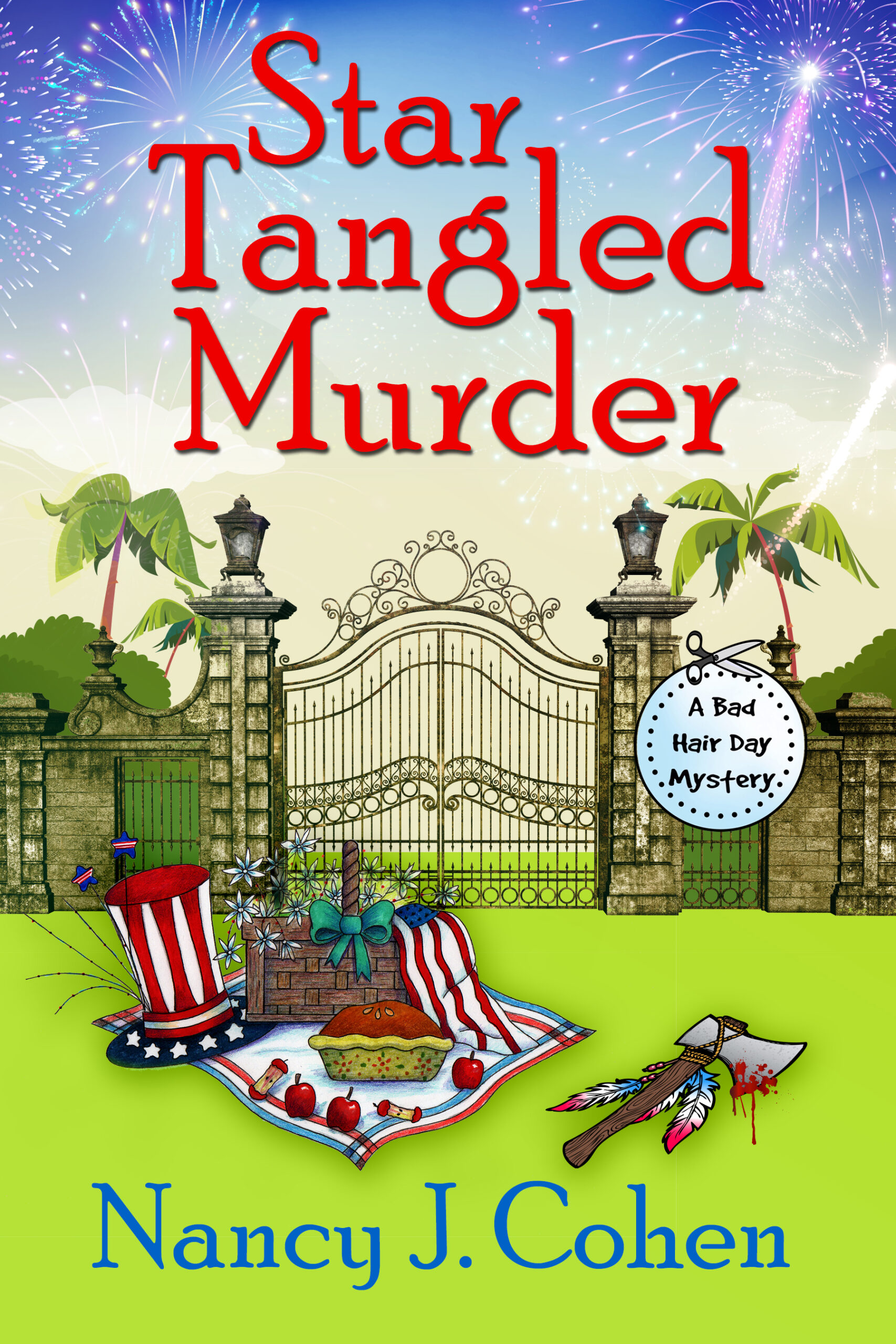
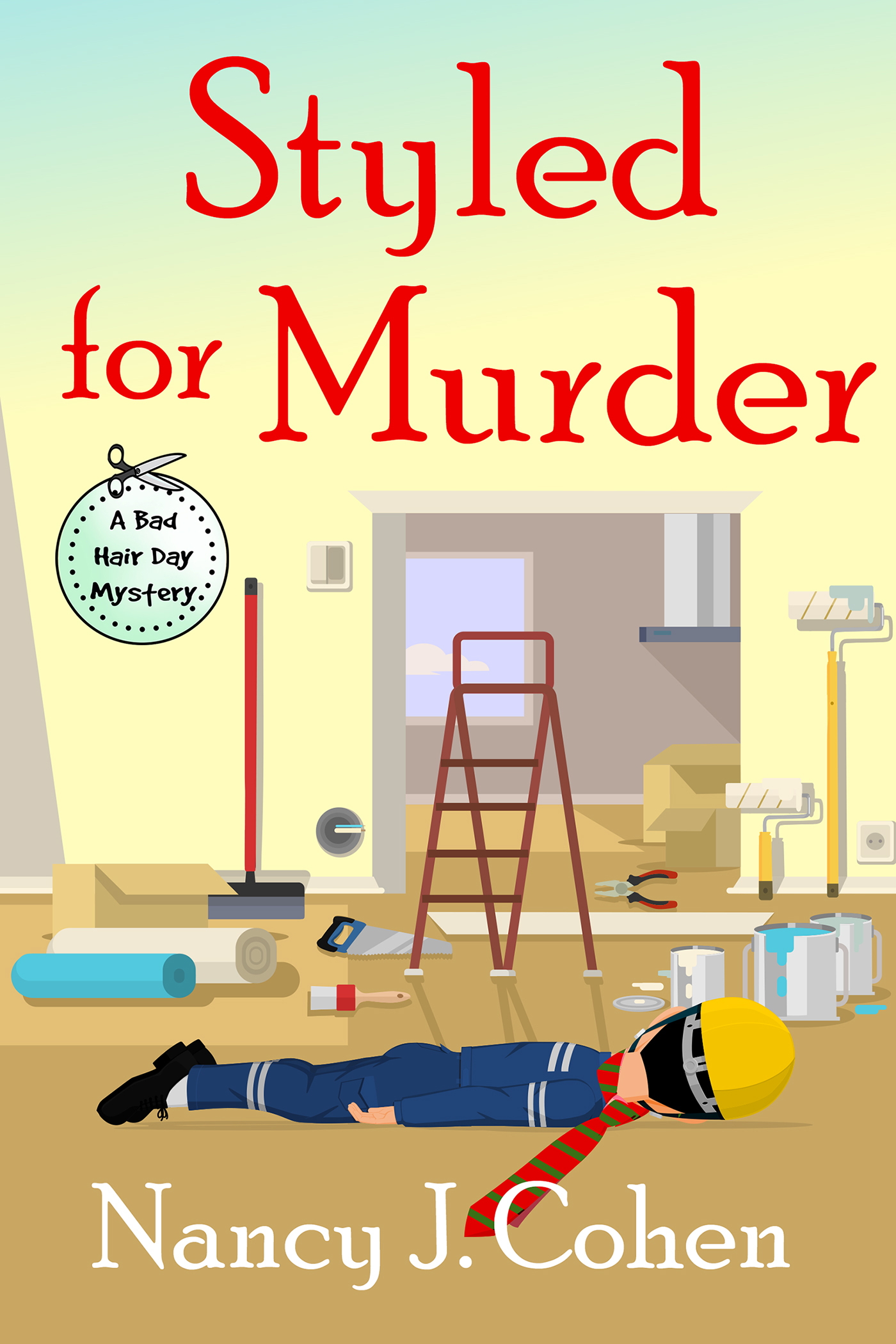
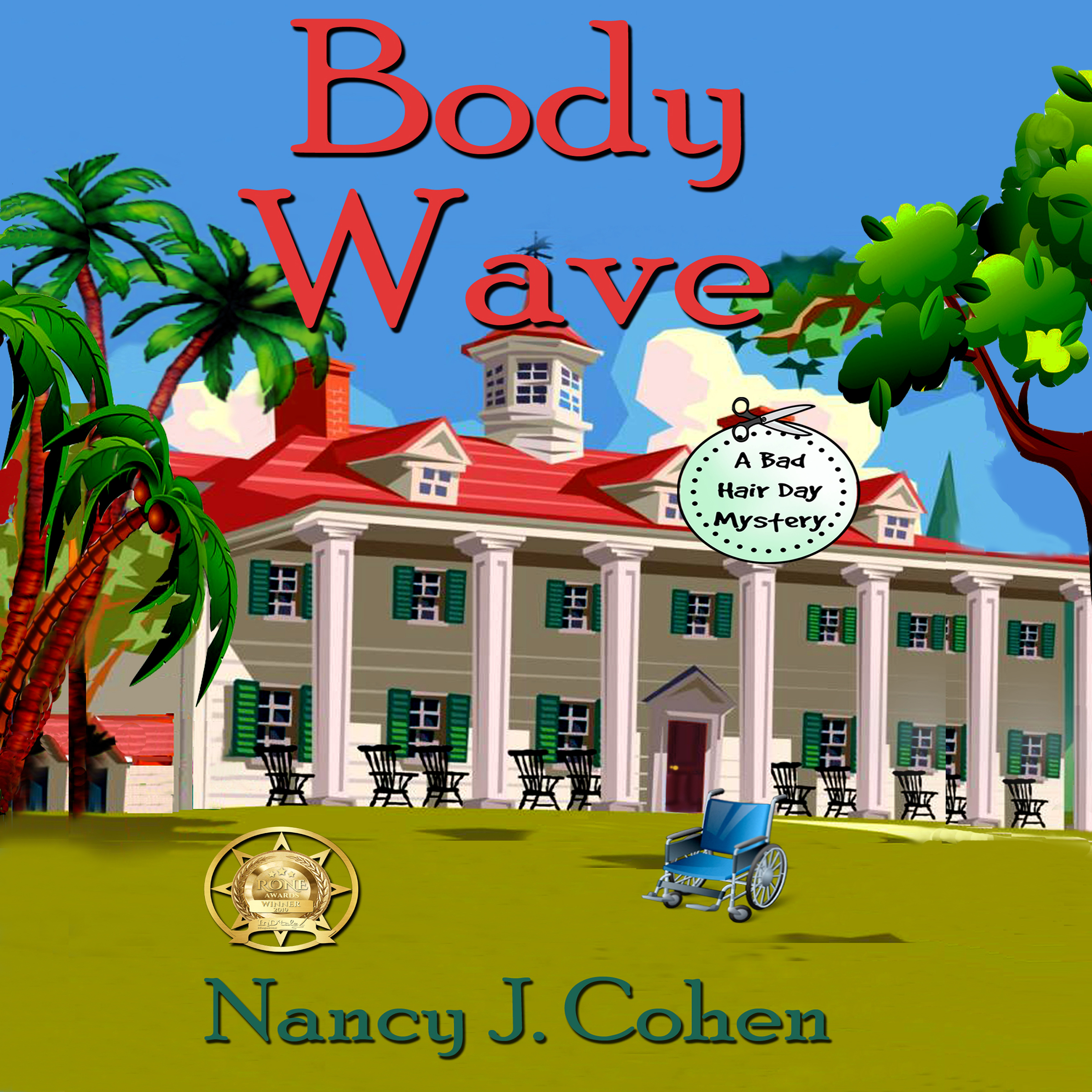


I don’t tend to write with overall themes in mind either, because, as you said, that can be crippling. I think themes come more from our subconscious. We bring our own life experiences and belief systems to our writing whether we really intend to or not, and I think this is what makes a story relatable to readers. I think it would be impossible for me to write a sympathetic character who didn’t share my basic sense of morality and world outlook. Villains, however, are another story!
Yes, I agree completely. Very well said.
Funny because I was just thinking about this as I work on my third novel. Having a theme also helps write a tagline when the book is ready to sell.
I’d love an example from your work, Sharon. Can you share a tagline with us that reflects upon your theme?
I recall a reader telling me how she enjoyed the musical theme in Finding Sarah, and how it provided plot development. Huh? I love it when readers see things that I’m not aware I’m putting into the book. When I did start to think about themes (always after-the-fact) I was afraid I was writing the same book over and over again… self-discovery.
Is it Jayne Ann Krentz who talks about the core story or Nora Roberts? One of them mentions how we tend to write the same themes over and over again. Nothing wrong with it. As Allison stated, this stems from our subconscious. I get a kick out of readers picking up themes that I didn’t intentionally put into my stories, too.
I suppose one of my favorite themes is growth–the ability to overcome fear and inhibitions, unhappiness and unproductive attitudes–and learning to handle new situations. This is evident in both my mysteries and in my YA and children’s novels.
Oh, yes, that’s another theme. It’s also evident in my mysteries. Marla has to forgive herself for past mistakes and move on. If she can do it, so can others. It gives people hope. Also, we can’t progress if regrets keep holding us back. Nice one, Marilyn. Learning to accept change can go along with this one or be a separate thread.
The coming of age theme, growing into maturity, is a recurrent theme in my YA novels. As to the Kim Reynolds mysteries, The Inferno Collection, The Drowning Pool and The Truth Sleuth, reinvention is a central theme. But as you said, Nancy, themes develop with the novel. Isn’t that the purpose of writing two or three drafts of the same book? We give our characters depth and thematic meaning as well.
Coming of age themes work so well in YA stories. Reinvention is a good one, too. We should make a list!
Great post I like to be diverse and I have a wide variety of interests, I only know the themes I am not good at and need to keep away from, such as creating a fantasy or futuristic world…love reading it but I know that is not my field.
I love to read historicals but would never venture to write one…too much research.
I didn’t have a theme in mind when I started Cannibal Hearts, all I had was a title that I liked and a vague idea of expanding the universe I’d created in Catskinner’s Book with more characters. About three quarters of the way through I realized that my theme was love–all different kinds of love, romantic, comradeship, familial, friendship, and how those kinds of love can come in conflict with each other.
The title had always seemed somehow “right” for the book, but I didn’t put it all together until well into the writing process.
How nice that it all came together for you. That’s a good theme–the different types of love and their interrelationships.
Yours is a thought-provoking post, Nancy. I was just thinking about the same thing. My short stories and 3 novels all tend to be about older women who must deal with new circumstances in their lives, learn the value of friendships, and surprise themselves with their own reserves of strengths and talents.
That’s a lovely theme, Jeanne. And it reminds me of another favorite of mine: women’s empowerment.
I do think about a theme before I write however as I get further into my story my original theme may change. Although when I think back my natural theme is normally about self development!
It’s those natural themes that make their way into our work whether we are conscious of them or not.
Another thought-provoking post, Nancy. I don’t think much about theme and I should. I’ve been told that forgiveness is my theme because many of my books involve a character learning that forgiveness is good mental health. As Malachi McCourt said, holding on to resentment is like drinking poison and waiting for the other person to die.
Learning to forgive is a good theme, for oneself and for others. Sometimes one has to forgive oneself for past misdeeds before moving on. And actually, that is one theme in Permed to Death. Marla feels guilty about a past mistake and this guilt drives her. She has to forgive herself before she can move on.